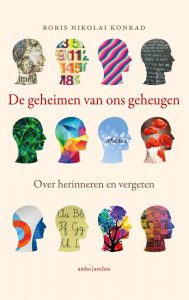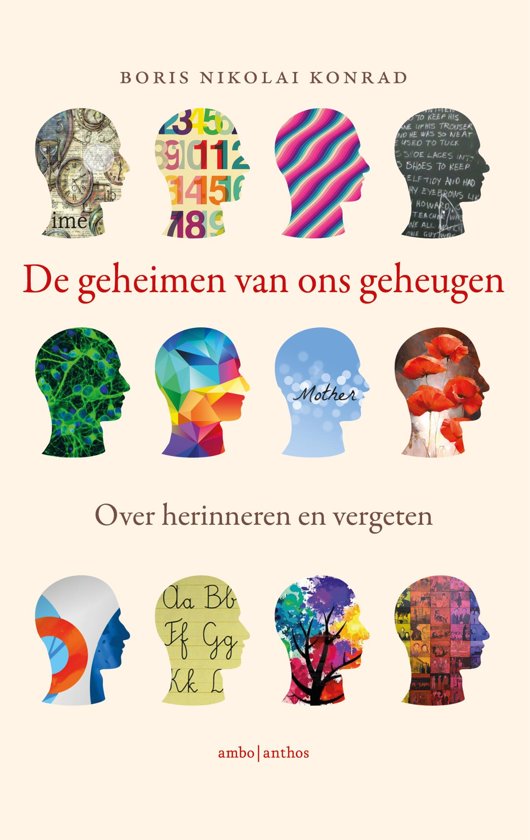This post is also available in Dutch.
No, he doesn’t have an outstanding memory. World memory champion Boris Konrad just knows how to train it. And so can we, Konrad explains in his bestselling book, The Secrets of Our Memory.
In his book, neuroscientist Konrad explains how we remember things but also why we sometimes forget things. Konrad also describes how anyone can train their memory. He says that a good memory has nothing to do with talent but, rather, has everything to do with practice.

Boris Konrad’s book, The Secrets of Our Memory (Ambo Anthos)
Q: What is the most common question about memory you get, and how do you respond?
A: “When did you realize that you have such an outstanding memory?” A question that both amuses and confuses me. Apparently, the idea that anyone can achieve what I did seems far-fetched to many. But, of course, it is true: I never realized I had a special memory because I do not. Instead, I have a pretty average one that I just use well by making use of mnemonic techniques I have mastered and trained for a while.
Q: Can you please summarize the main message of your book for our readers?
A: This book is about the question: “What is memory anyway?” It is neither a specific part of our brain nor one specific skill. Instead, we have very different memory systems, and actually most parts of the brain are involved in some form of learning. Learning, or forming memories, makes new connections in your brain.
One memory system that works really well is visual memory. In fact, by connecting to the visual system, suddenly what was hard to memorize can easily be learned. This is one of the secrets of memory and how to improve it.
Q: Why did you write this book? What did you think was missing in the existing literature, and how could you contribute to fill that gap?
A: There are scientific books about memory, but they are hard to follow for non-scientists. There are also books about memory training, but often what they say about the brain is anywhere between “incorrect” and “totally wrong.” Using my experience as both a world-record holding memory athlete and neuroscientist, I filled the gap of an easy to read, fun, and engaging book about how memory works and how to improve it.
Q: Who is this book written for? Who is your audience?
A: It is a book for anyone who enjoys laughing and learning while reading a non-fiction book, anyone who has a brain that could sometimes benefit from a little training, anyone who is interested in the faults and features of their memory, anyone who at least sometimes has to learn or teach and would love to improve these skills.
If you’d like to read more, you can find Boris Konrad’s book here.
